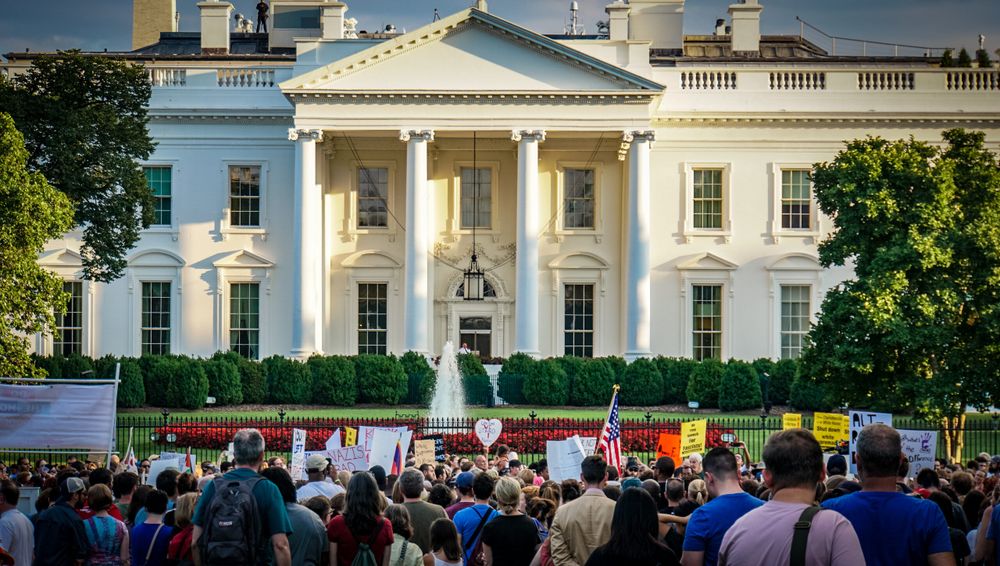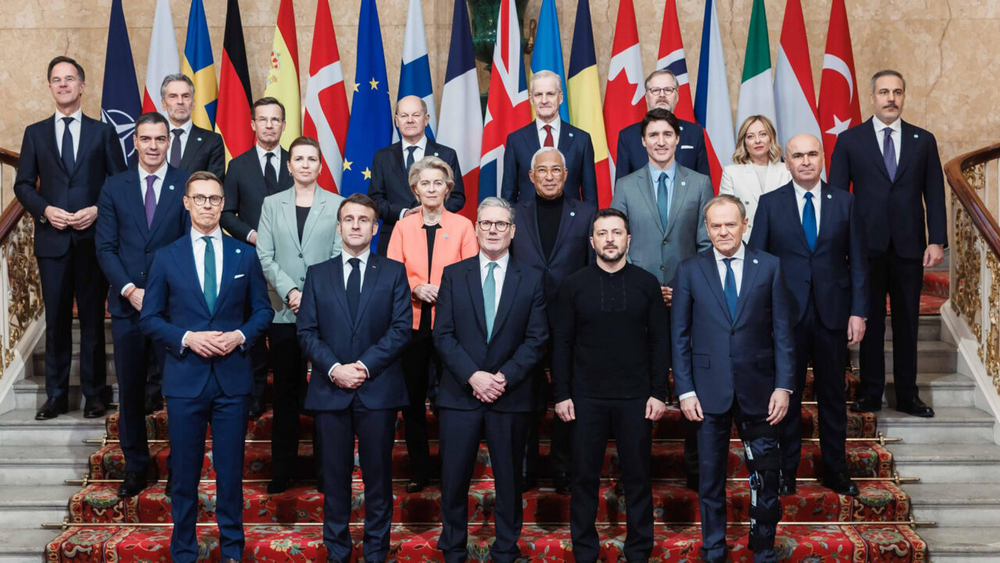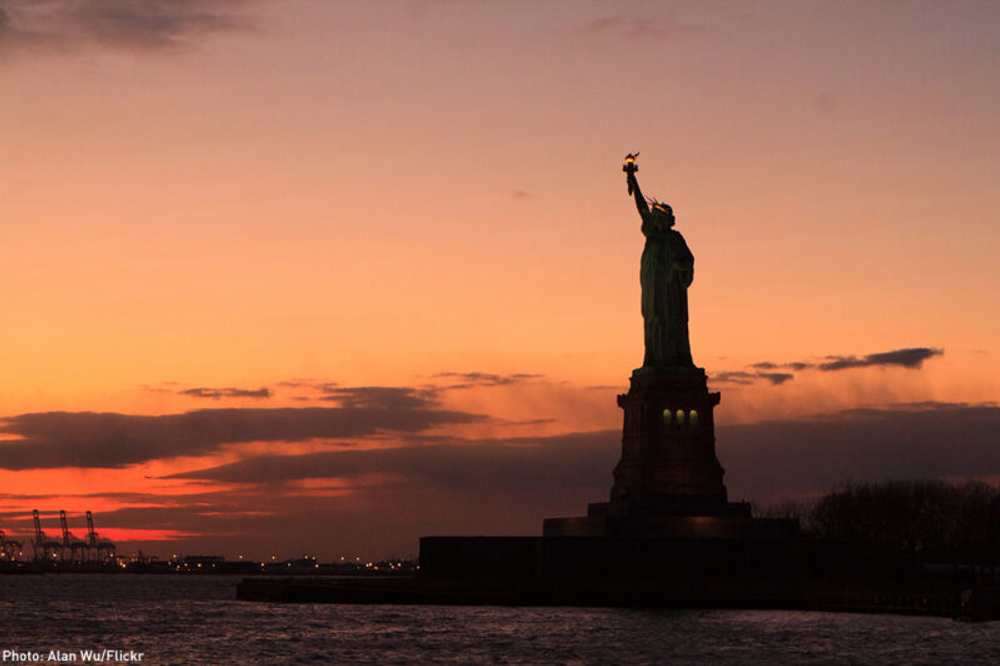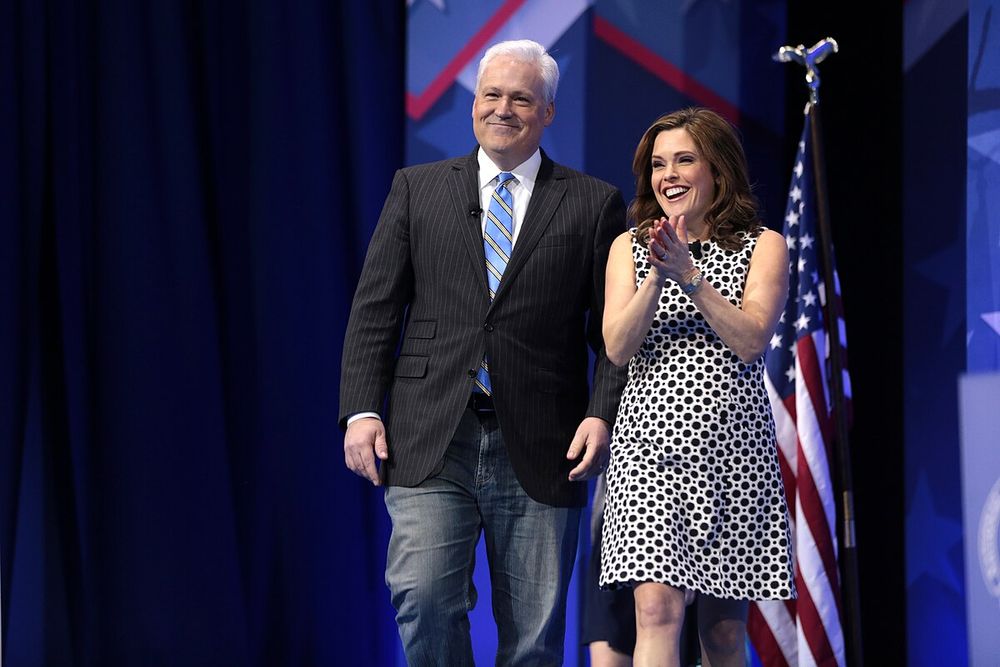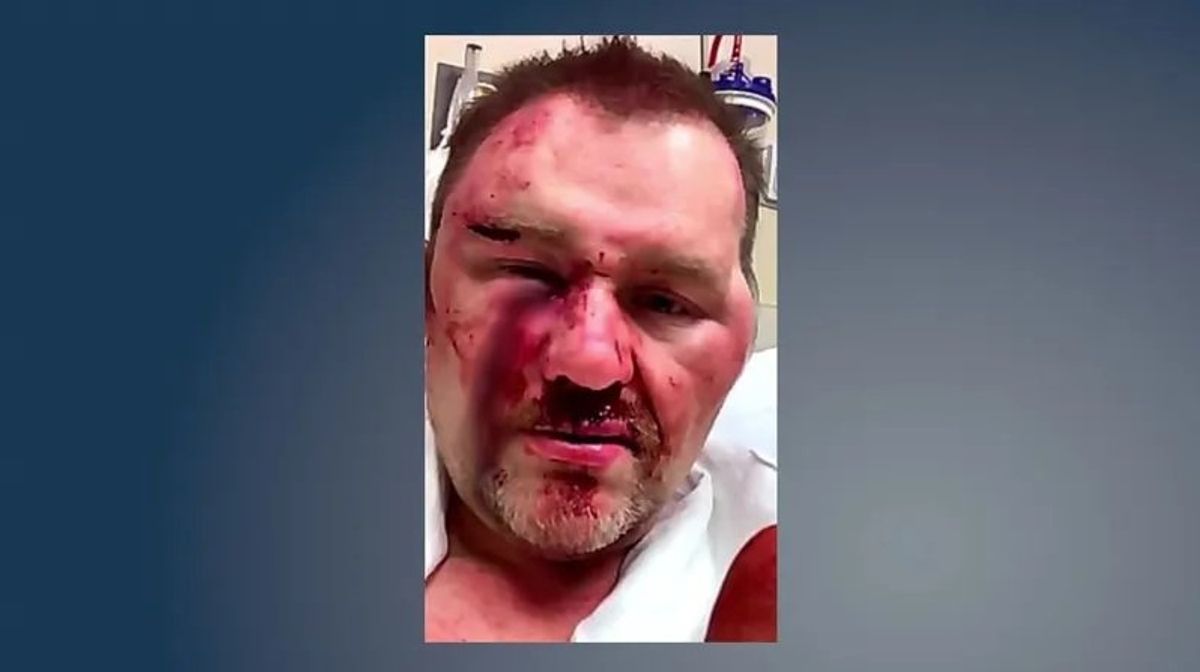
Serving as US Mayor Can Be a Dangerous Job
Governing can be a dangerous business, especially for U.S. mayors. Eighty percent say they’ve experienced violence, harassment or both.
“Things like death threats, and threats to family, and threats to property,” says Sue Thomas, senior research scientist at the Pacific Institute for Research and Evaluation. “In some cases, that causes them to rethink their public careers.”
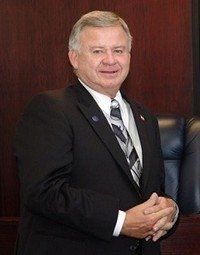
In late 2017, vandals struck the home of Bolingbrook, Illinois, Mayor Roger Claar while he slept inside. Messages spray-painted on his front door, garage, driveway and mailbox, called him “Nazi scum” and a “Trump lover.”
Last summer in Burien, Washington, a man physically attacked Mayor Jimmy Matta, allegedly because the attacker objected to his Latin heritage and support of Burien’s sanctuary city status.
In December 2018, Mayor Greg Lemons of Abita Springs, Louisiana, was attacked near his home. He suffered a black eye, bloody nose and swollen upper lip.
In March 2019, David Northcutt, mayor of Achille, Oklahoma, suffered broken bones and two black eyes after a beating at a convenience store. The alleged assailant yelled homophobic slurs at the openly gay mayor.
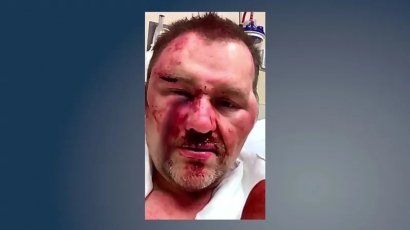
In all, 13% of mayors say they’ve been subjected to physical violence, according to Thomas’s research. Eight in 10 mayors say they’ve faced some sort of psychological abuse.
“Everything you can imagine,” says Phoenix Councilwoman Thelda Williams, who has served as interim mayor three times. “I’ve been called names. You know, some of them were obscene.”
The Arizona Republican, who first served on the city council in the 1990s, has seen a change in the ferocity of the attacks since the rise of social media.
“It seems like anything’s OK. There are no barriers or any way to stop what I think are rude, insensitive and ridiculous remarks,” she says. “No one has any respect or manners, not only to the council, but to each other and an audience. I mean, they shout over each other. They call each other names.”
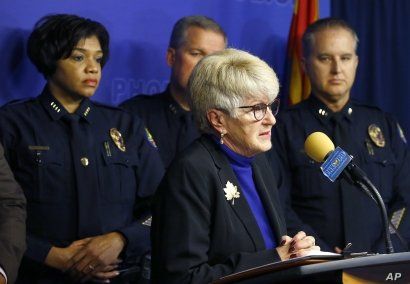
Seventy percent of mayors say they are harassed or abused via social media; one-third say abuse comes from traditional media; and more than 40% report being abused at a public meeting.
Gender also plays a role in the harassment. Female mayors are more than twice as likely as males to experience psychological abuse and almost three times as likely to experience physical violence, according to Thomas.
“Being a man is normative in politics. Being a woman is sort of a disruptor of the status quo,” she says. “And although our survey can't answer that question precisely about why this is, what we can say is that it’s consistent with the theory of women as a disruptor of the status quo in public life.”
Mayors in strong mayoral systems and in larger cities are more likely to be affected than their counterparts.
Younger mayors of both sexes, but women in particular, seem to experience more harassment and violence than older mayors.
“The theory that people have offered to explain that is that people who are younger or less experienced may appear more vulnerable and maybe easier targets,” Thomas says.
Thomas is concerned that attacks on mayors might dissuade people from seeking public office. Williams has stuck it out, but she says the lack of civility takes a toll.
“I just think it's very bad. I really do. I think it is an insult to the country,” she says. “I think manners should still apply, and respect should still be part of the government.”
 Pelosi Alleges Trump Tried to Cover up Effort to Pressure UkraineNext PostHighlights of Whistleblower’s Complaint About Trump’s Interactions With Ukraine
Pelosi Alleges Trump Tried to Cover up Effort to Pressure UkraineNext PostHighlights of Whistleblower’s Complaint About Trump’s Interactions With Ukraine
